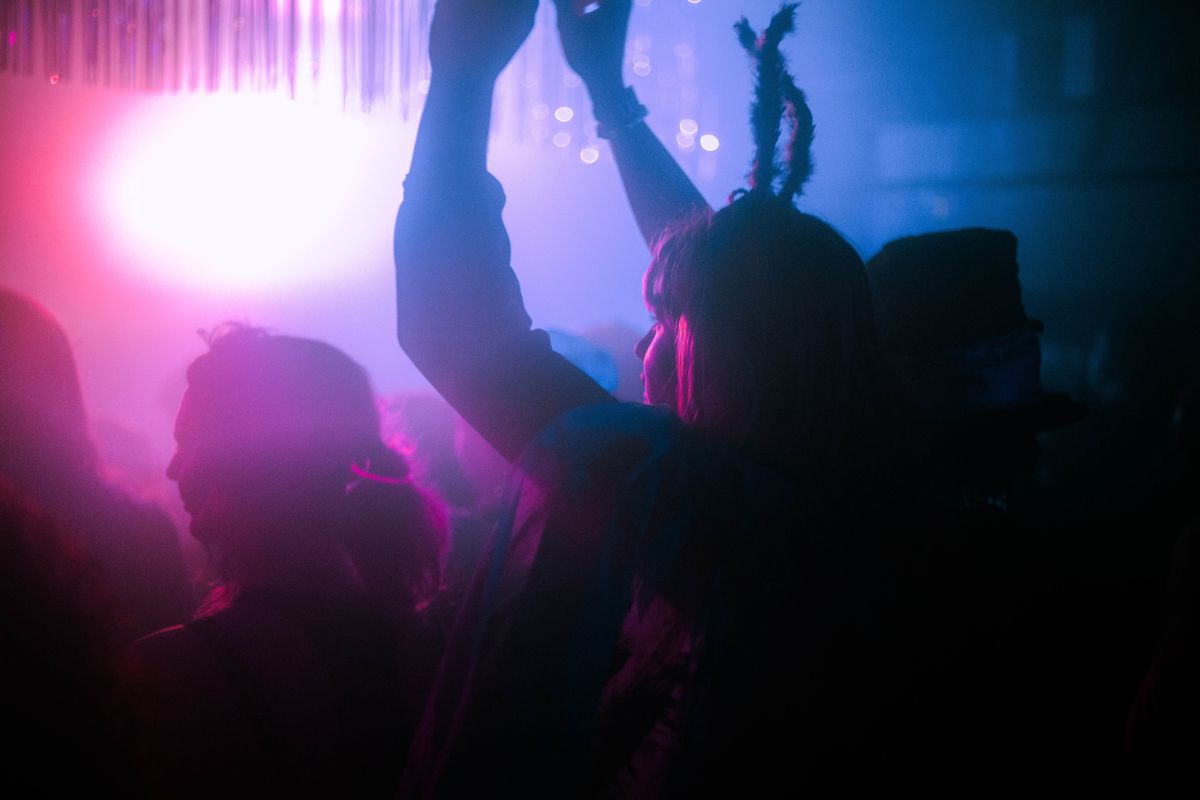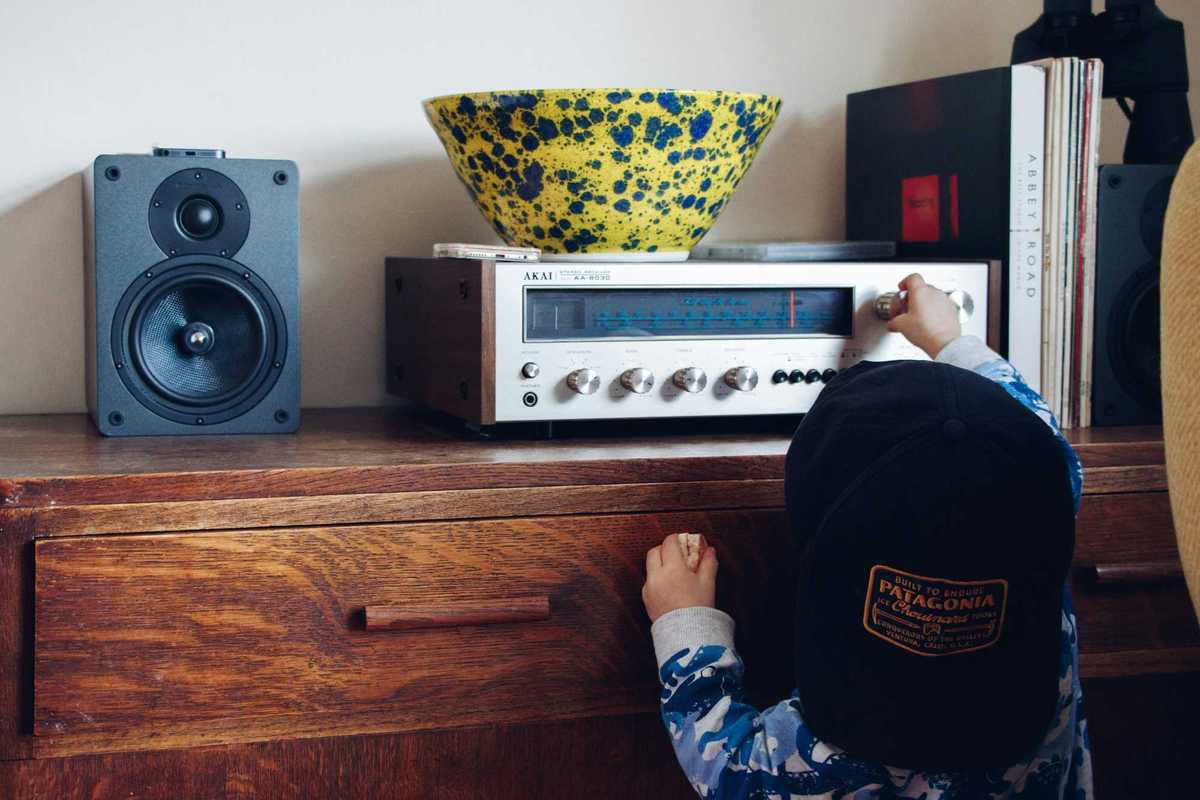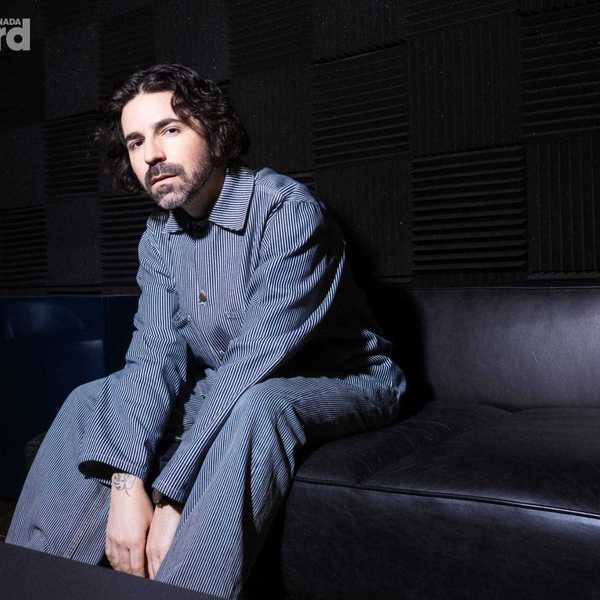Rave Angels Put Harm Reduction at the Forefront of Queer Toronto Nightlife
The harm reduction advocates and volunteers are doing their part to make the party scene safer, especially all-ages events.

An Oct 27 Halloween Party by Collective Metamorphosis where Rave Angels volunteered.
Through the fog of the smoke machines and neon strobe lights at a Toronto rave, a green glow-in-the-dark wristband floats above. Those wristbands belong to Toronto’s newest generation of harm reduction advocates and volunteers, Rave Angels.
Formed by DJ and avid raver sappho.xd, also known as Alice, Rave Angels provide events with volunteers, with training varying from naloxone kit usage, de-escalation, first aid and CPR.
Rave Angels has assisted five to eight raves a month, working with collectives E Originals, Metamorphosis and Mood Ring. They’ll bring harm reduction supplies like naloxone kits, straws, alcohol wipes and condoms and set up in the bathroom. If the venue is big enough, they will create chill-out zones for ravers to decompress.
Closing off their year, Rave Angels will be providing their services to raves and events such as Snow Blast, Queer Disco and SUPERSEXE.
Rave Angels began after a New Year's party in 2022, when Alice and a friend left a rave after feeling unsafe.
“There [were] a lot of really young people, 18-to-19-years-old, just being really out of it,” they say. “I remember being 17 or 18, going to raves for the first time and having a lot of really not okay stuff happen to me.”
Alice began to question why there weren't harm reduction organizations at the events they were attending, or assistance from venues and security. Soon, Alice and a group of volunteers headed to their first rave called SHOCKED, which was held by Toronto rave collective EOriginals.
“A lot of venues need to shape up and start having more harm reduction tools, because it's completely legal to have harm reduction there,” they say.
Building reduction initiatives into raving isn’t a new concept. Organizers across the rave scene have prioritized carrying naloxone kits. Harm reduction groups such as Pathways 2 Prevention (P2P) and The TRIP! Project provides services for events with trained volunteers.
While the collective also assists 19+ events, Rave Angels has a major focus on Toronto’s all-ages and queer scenes. For Alice and their staff, it’s about making sure young and new ravers know they can party safely without fear of judgment or predatory behaviour.
Historically, drug culture and rave culture have gone hand in hand. Cities like Edmonton have tried to ban raves to reduce drug-related deaths, overdoses and assaults. However, the bans were rarely successful.
Rather than cutting off access to drugs, they can prevent serious issues by destigmatizing its use and having trained volunteers present, Alice argues.
“I truly believe prohibition against [drugs], especially for teenagers, isn’t going to really do anything. Kids are still going to find drugs,” they say. “It’s important for people who are young and want to do [drugs], to have a space that is safe.”

















